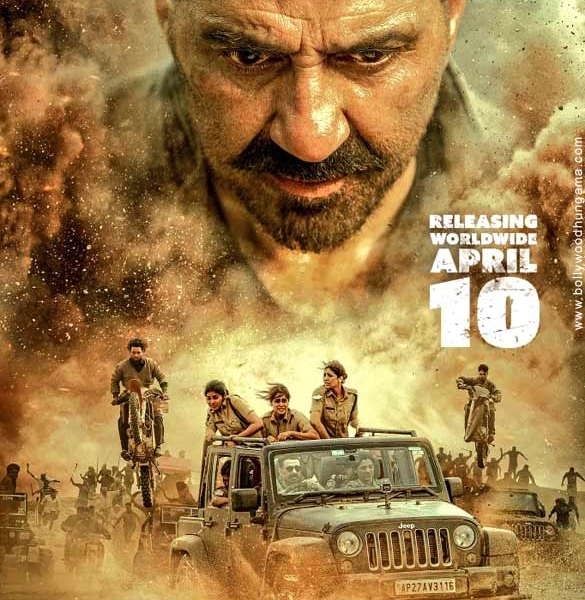“Ye Dhai Kilo Ka Haath Ki Taakat Pura North Dekh Chuka Hain, Ab South Dekhega”. I need not elaborate more, as this dialogue says it all. In fact, it is an entire review in itself! The evergreen action hero of ...
The highly anticipated biographical drama, “Swatantrya Veer Savarkar,” on ZEE5 Global, is capturing the attention of audiences worldwide. Directed by and starring Randeep Hooda, this film delves deep into the life of Vinayak Damodar Savarkar, a revolutionary freedom fighter, political ...






